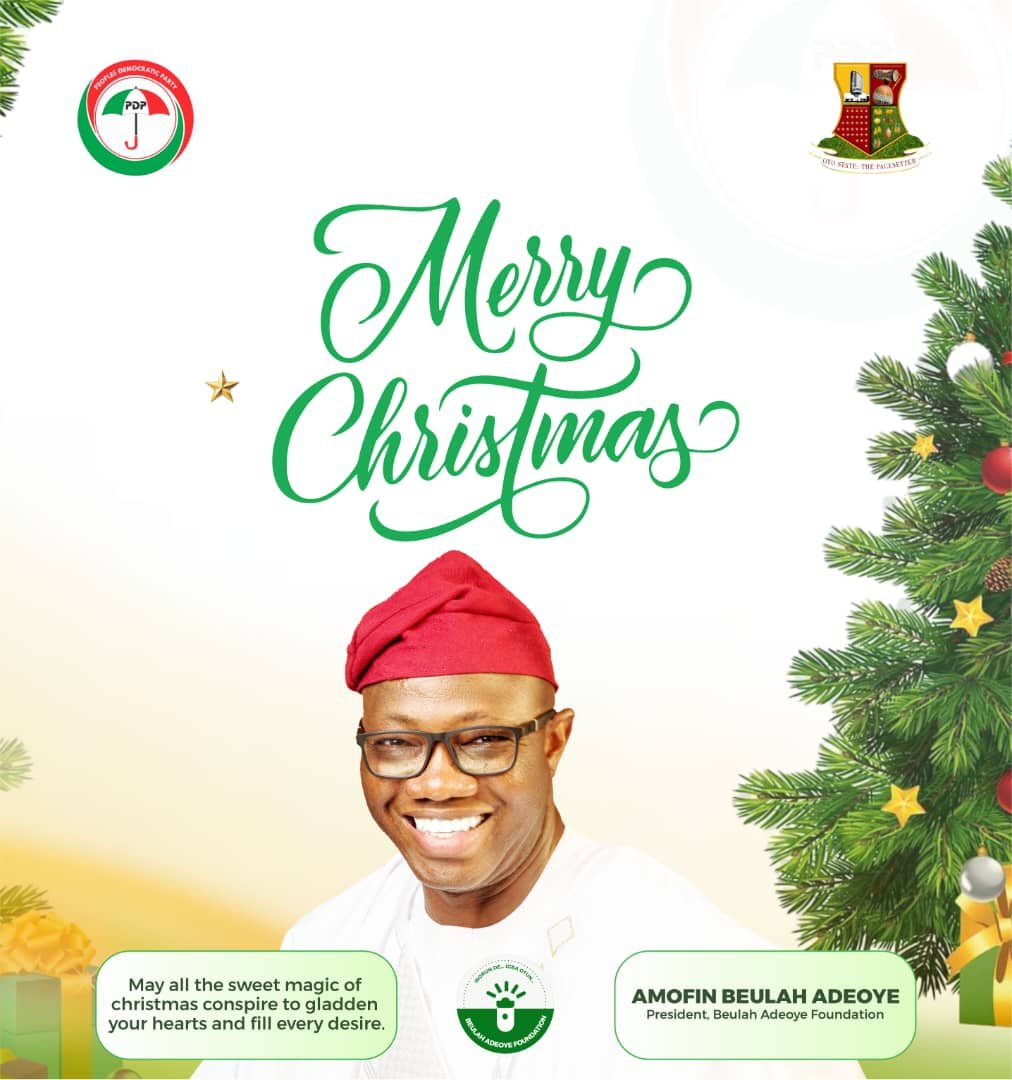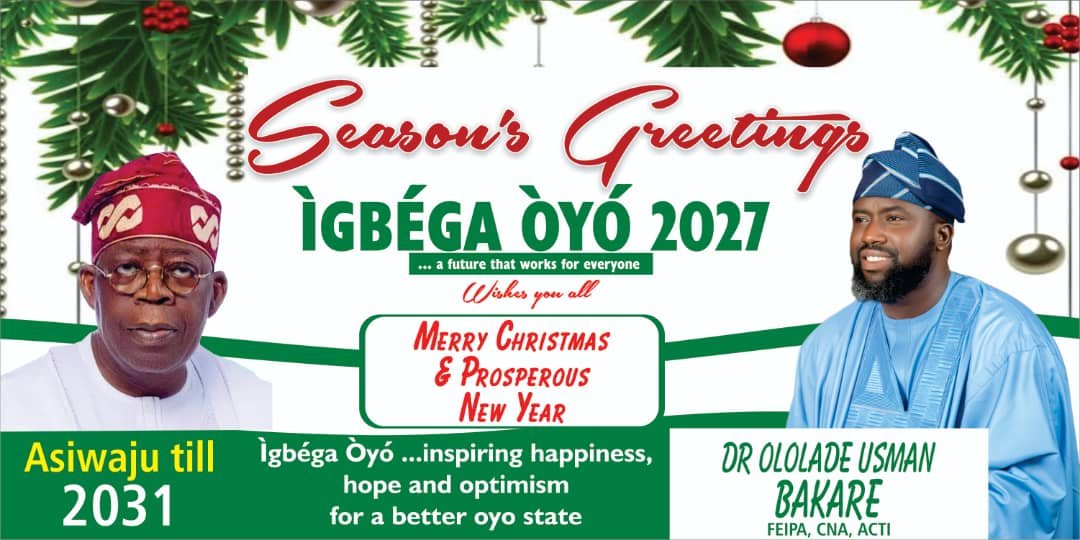A lot of politicians know that media wield unprecedented power over Nigerian elections. Ever since the establishment of the Nigerian Pilot in 1937, the media (both print and electronic) have continued to influence the political terrains. The goal of journalism is to give information to the locals who are ready to make life-changing decisions. The great question goes thus: can the media influence this year’s presidential election?

As we all know in Nigeria, vote rigging and vote buying are two common notions that have continued to overshadow our electoral processes in the country. In recent years, these issues have remained to be unresolved and they have manipulated results both positively and negatively. In 2019 presidential election Atiku Abubakar, PDP’s Presidential aspirant, alleged that the incumbent party and opposition, APC, rigged the election to its favour. Recent shifts in the media panorama have changed how the media rapport with candidates, campaigns and voters. In a world where media organisations are experiencing ebb of trust, some media firms have come under fire for their partisan approach.
To further understand this, the writer has suggested some evolving points that will alter the results in the forthcoming election.
• EndSARS
The EndSARS movement spiraled a dramatic shift in Nigeria’s political history. Youth in the country had been experiencing police brutality for long. The protest reached its peak in October, 2020 and later metamorphosed into a full-blown massacre organised by the Federal Government and Lagos State Government in October 20, 2020. Although some of the youth involved paid the ultimate prize, they got one of the aims which was the disbandment of the police section. The movement reawakened the lion-like attitude of the masses who are visibly frustrated with the administration of the current administration. According to INEC, youth contribute the highest number of registered voters, who would vote in February and March elections with 48 million out of the entire 93.5 million eligible voters. Moreover, youth (and students) often feel bullied because of ASUU strike which has become a recurring exercise in their academic calendar. Now, they want changes against all these aforementioned.
•Data journalism
In recent years, technology has helped advance the scope of journalism. The new identity also known as fact checking has come with the help of new tools to make verification more accurate. Fact checkers like Dubawa, ICIR, the Cable, FactCheckHub etc. were created to make sure lies and misinformation are curbed during elections. In the old days, propagandas were easily ‘swallowed’ by the masses, but such is now an abomination to the literate ones who seek knowledge.
•Ombudsman
Investigative journalism seeks to uncover something strange, either because no one is interested or because they want the information to be hidden forever. It relies on fact, finding sources, conducting interviews and locating relevant materials. Nevertheless, it requires dedication and determination to achieve this. Last year, one of Nigeria’s finest journalists, David Hundeyin, published an expose that reveals the truth behind the identity of APC presidential candidate, Bola Tinubu.
In another counter-attacking style, Atiku Abubakar of PDP continues to see his tainted name being dragged every time in financial crime cases. In 2020, ICIR together with some top media firms disclosed that the elite politician was in trouble. According to ICIR, “Atiku and his family members were part of the people placed under close watch by the Financial Crimes Enforcement Network (FinCEN), an agency of the US Department of Treasury.” This further confirms the accusatory claims made by Olusegun Obasanjo about his former vice-president’s love for money. There are other investigations involved, but these two seem to be the top of the pile in in-depth reporting.
•Social media influencing
It is believed that a potential candidate for a political post needs to be social media inclined if he has a dream of becoming a leader. The ideology of social media political influencing really started circa 2012 during the administration of Goodluck Jonathan. This was established during the fuel subsidy saga in January 2012, and then the Chibok movement led by Oby Ezekwesili. These massive two movements, with hashtags #FuelSubsidy and #BringBackOurGirls respectively, ushered in bitter and vicious e-representations of political enmity. After this, the intentions of the then ACN were thrown to the public: they wanted to taste power. Personalities like JJ Omojuwa, Bashar Ahmad and blogs like Nairaland etc. were used to air their views. As of now, the tide has changed and Labour Party is now imbibing the same mode, albeit in full-mode vengeance, to publicise their agenda to the public. Celebrities like P-Square, Mr Macaroni and many more huge fans of Peter Obi led campaign are using this tool to further to broadcast their aim. Youth dominate the SM and if you want to have a taste of the national cake, you must carry them along.













































